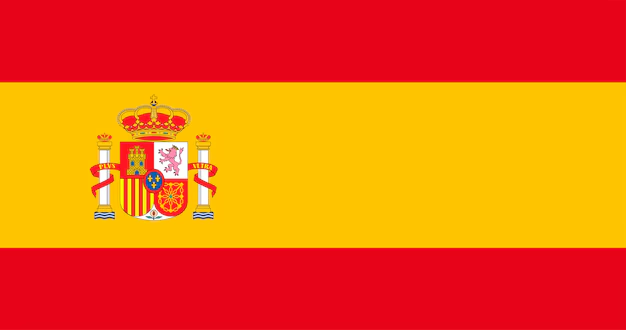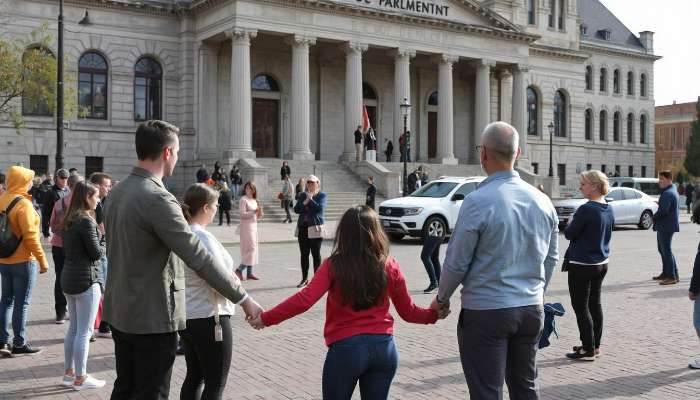A bill concerning the prohibition of prayer in public spaces was officially announced in Quebec in the fall of 2025. This government measure is part of the desire to strengthen secularism and to clarify the application of the principles of religious neutrality in the common places and public establishments of the province.
Origin and context of the event
The debate on public prayer took shape during the declarations of Prime Minister François Legault in December 2024, then with the initiative of Minister Jean-François Roberge, head of secularism, in September 2025. The objective is to make public space free from any organized religious event. The project is an extension of discussions on the place of religion in Quebec, marked by previous laws on secularism and several parliamentary consultations.
According to government announcements actively relayed in the official press, the bill provides for the formal prohibition of prayers in the streets, parks and other spaces accessible to all, as well as the strengthening of the code of conduct for schools. Parliamentary memories confirm the desire to limit religious manifestations of all kinds in public spaces and within establishments managed by the State.
Chronology and progress of the facts
-
December 2024: Declarations of the Prime Minister supporting the idea of supervising or prohibiting public prayers.
-
August 29, 2025: The Archbishop of Montreal publishes a public letter expressing his concern in the face of the future ban, cited in Vatican News.
-
5-7 September 2025: Survey carried out by Léger showing that 43 % of Quebecers wish a complete ban on religious demonstrations in public, 38 % would accept that they be allowed in certain circumstances.
-
September 2025: The Ministry of Secularism announces the imminent deposit of the bill in Parliament.
-
October 2025: Updates and reactions from political parties and religious institutions.
General structure of the bill
The bill, unveiled partially through extracts from texts and parliamentary analyzes, specifies:
-
Express prohibition to organize or hold collective prayers in public places (streets, parks, places, educational establishments).
-
Strict supervision of religious demonstrations: “It is prohibited to hold ceremonies of prayer, songs or invocation to a divinity in public space, except during the days recognized by ministerial decrees”.
-
The obligation for public education establishments to guarantee that no religious activity, prayer or spiritual gathering can take place outside of spaces specially provided for this purpose.
-
Fines and administrative sanctions planned: Any offender exposes a fine of $ 500 to 5,000 and a possible temporary ban on reorganizing future similar events.
-
Prohibition for anyone, motivated by a religious conviction or belief, to influence or to try to influence the exercise of a power, a function or a duty in schools or establishments under public jurisdiction.
-
Precision that the conduct of people providing services to students must be free from religious considerations.
-
Clarification on transparency and secularism through the adoption of a compulsory ethics code for schools.
A light survey carried out with 1592 Canadians from September 5 to 7, 2025 specifies that 43 % of Quebecers want prayer to be allowed in public spaces, against 38 % which tolerate it under conditions and 12 % who would always wish it.
-
“It is forbidden to hold ceremonies of prayer, songs or invocation to a divinity in public space, except during the days recognized by ministerial decrees”.
-
“Public educational establishments must ensure that no religious activity, prayer or gathering of a spiritual nature takes place outside of private or confessional spaces provided for this purpose”.
-
“Any offense is liable to a fine of $ 500 to 5,000 and can give rise to the temporary ban on organizing similar events in the future.”
-
Prohibition for any member of school staff or person under contract, to request religious accommodation or to influence the exercise of a function on a religious basis.



